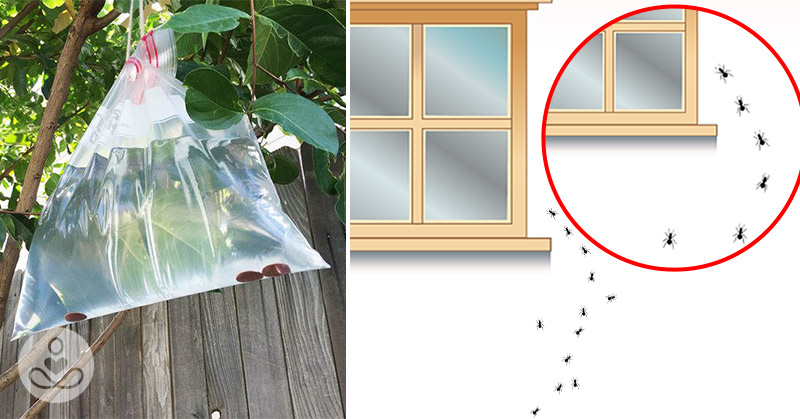Summer is here! That means warm weather, longer days, and unfortunately bugs. No one wants to see creepy crawlers running about in their home or have to use harsh pesticides to get rid of them. Luckily there are a lot of home remedies that you can use to deal with your pest problem while also keeping your home safe for your family. No one wants bugs in the house, so here are some all-natural remedies that actually work:
8 DIY Natural Bug Repellents

Transform your home into a bug-free sanctuary with these 8 DIY natural bug repellents. From buzzing flies to pesky ants, unwanted critters can quickly invade your living space, disrupting your peace and comfort. Say goodbye to chemical-laden sprays and opt for these homemade solutions
Read More: 6 Essential Oils You Need to Repel Bugs All Summer Long
1. Ants
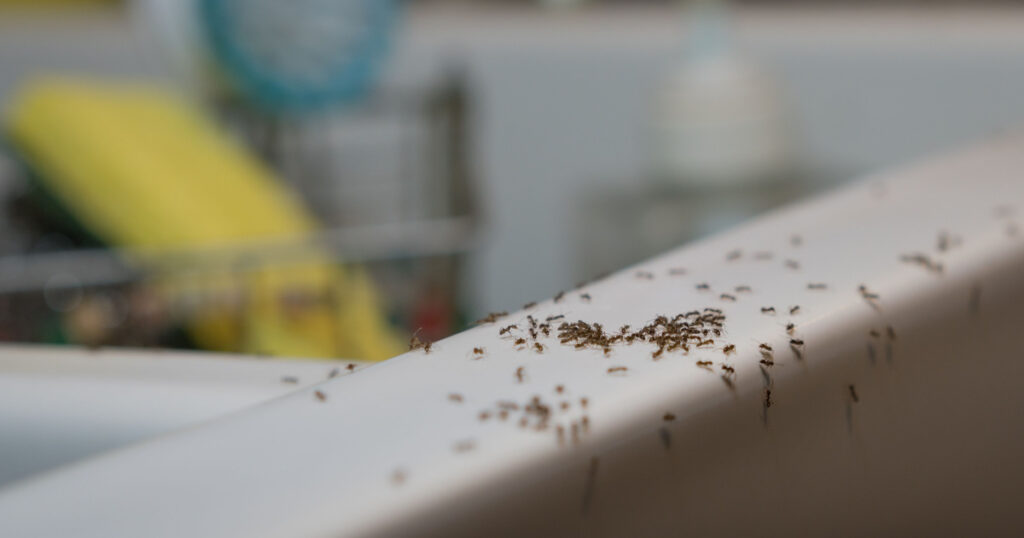
Ants are notorious for finding their way into your home. To keep them away from your house try putting a few drops of peppermint essential oils on a cotton ball and rubbing it in areas where you find ants.
If your ant problem begins to get even more serious try this borax solution to kill the ants and target the nest to ensure they won’t come back. Make a bait by mixing one cup of warm water with ½ cup of sugar and 3 tablespoons of borax. Soak it up with a cotton ball and place it on a dish near the ant trails. (1)
2. Flies
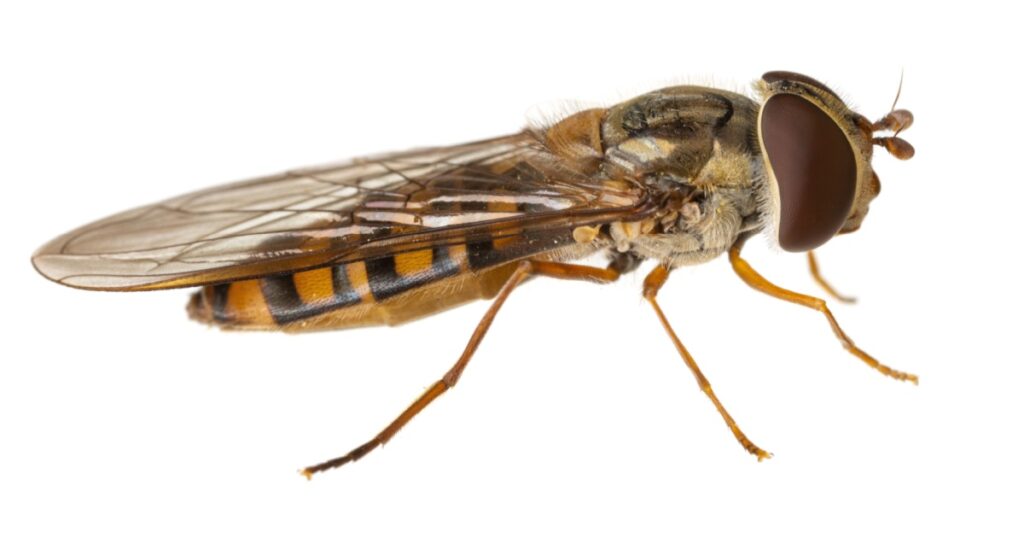
Essential oils can be great for people, but not so much for flies. They hate the smell of lavender, clove, lemongrass, and mint oils. To make your own fly-repellent spray fill a spray bottle with water adding enough essential oils to make it fragrant. Then spray it around your kitchen and doorway to keep flies out. (2)
Another option is to make fly traps for your house. Here is an awesome video by Mother Earth News that shows you how to make all-natural fly paper with ingredients you may already have at home!
3. Mosquitoes
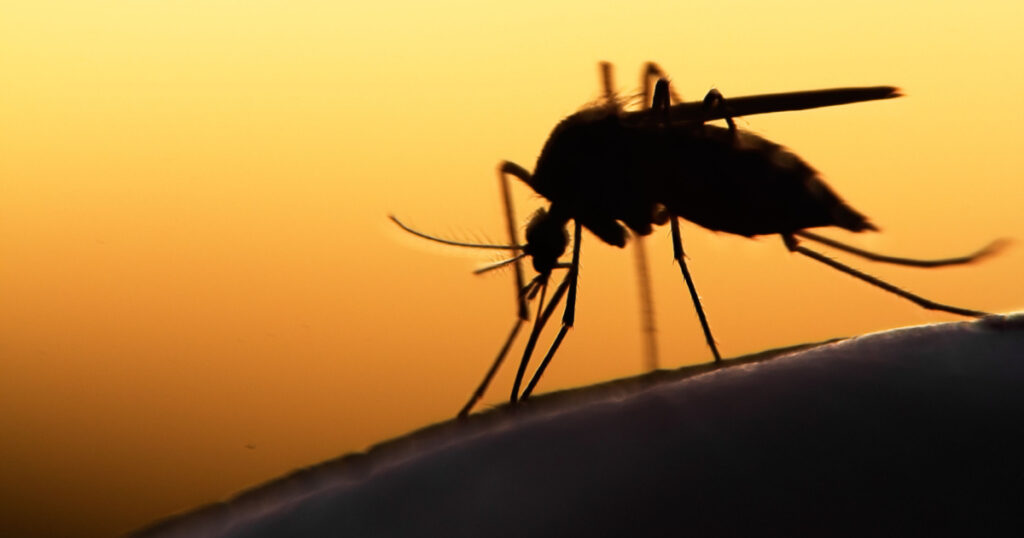
Just like flies mosquitos hate the smell of essential oils. The smell of lavender is very strong and mosquitos can’t stand it. Use a spray bottle filled with water and a few drops of lavender oil to repel mosquitoes by spraying it on your clothes or around the room.
Garlic can also be used in a similar way to help kill mosquitos in your home. Boil a few cloves of garlic in water then let it cool. Pour it into a spray bottle and squirt it around the room as a natural bug repellant. (3)
4. Fruit Flies
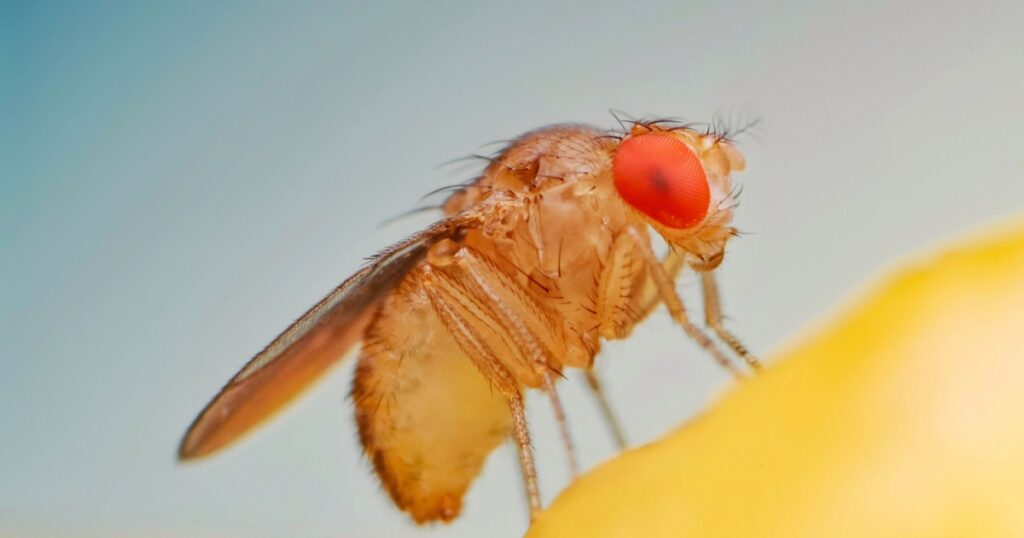
These little guys hang out around your kitchen and are really annoying, the best way to get rid of them is to use a trap. Pour about an inch of apple cider vinegar into a small bowl or cup covered with plastic wrap. Using a toothpick poke small holes to allow the fruit flies to enter the trap but not be able to escape. Here’s a how-to video on how to create a fruit fly trap.
Read More: 9 Home Remedies to Help Get Rid of Bedbugs
5. Cockroaches
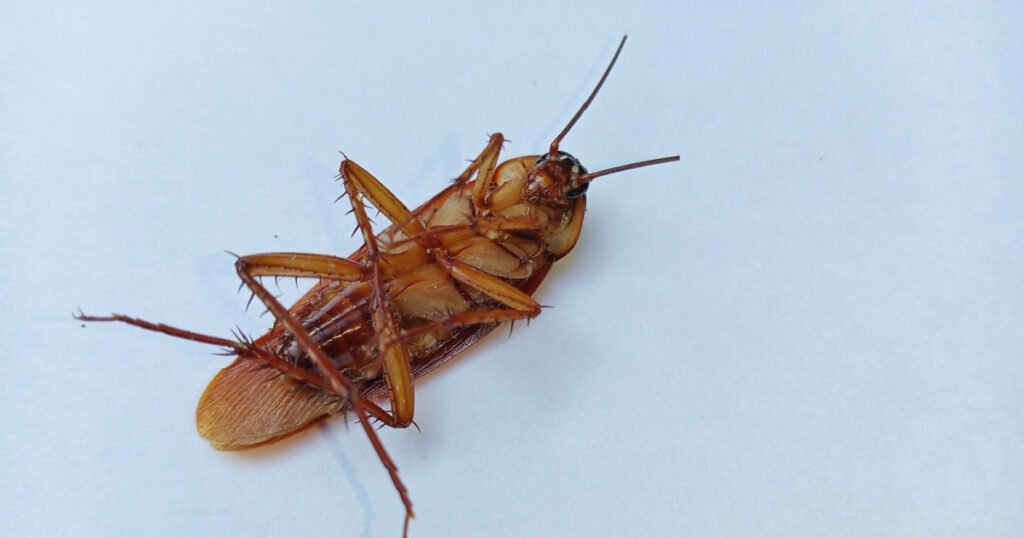
Getting rid of cockroaches naturally can take some patience but it is worth it to keep your family safe from chemicals found in pesticides. One way to protect your home from cockroaches is to seal any cracks or holes and to keep your house as clean as possible.
To make your own natural cockroach killer mix three parts acid with one part powdered sugar. Sprinkle it under and behind any cracks along the edges of cabinets and under appliances. Boric acid is toxic to roaches and is safe for humans but may cause irritation so make sure to keep it away from pets or children. (4)
6. Wasps
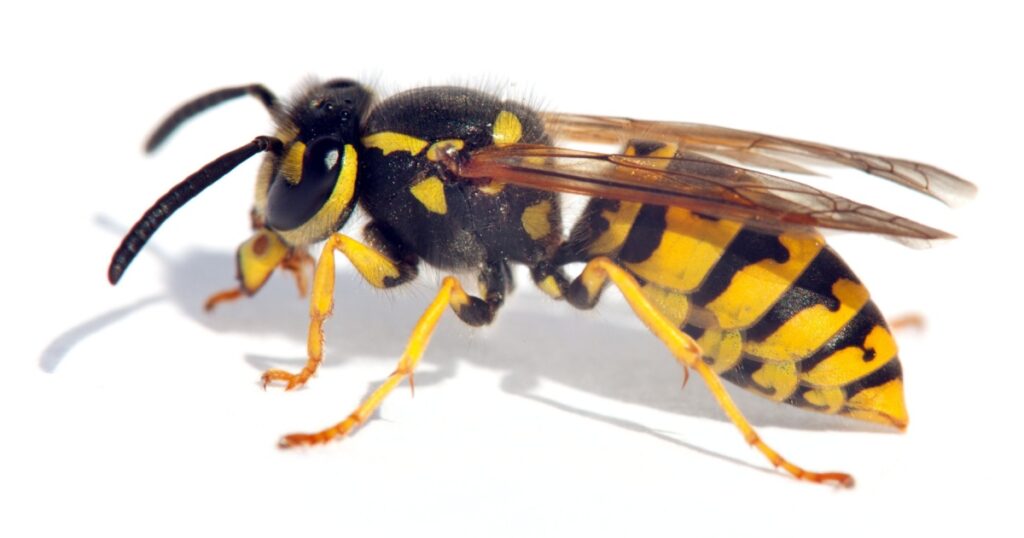
To get rid of your wasp problem make a spray by combining about a ¼ cup of dish soap to a spray bottle filled with warm water. Mix it until suds begin to form. Spray the nest standing as far as you are able to and wear long sleeves and pants to protect yourself from the bugs.
Spraying in the evening or at dusk will be best as all the wasps would be home for the night. The dish soap works by wearing out their outer skeletons which causes them to drown. (5)
7. Spiders
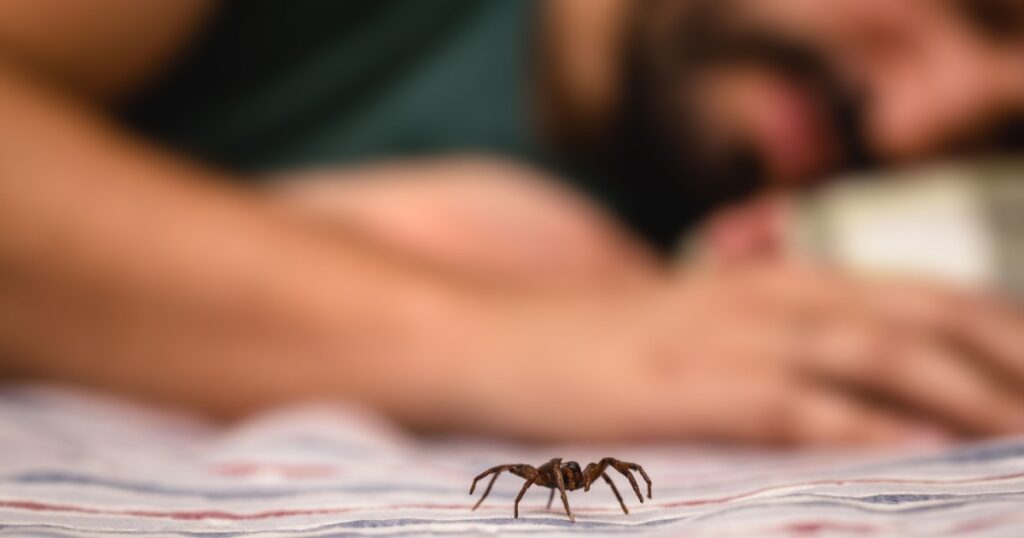
Making this natural bug repellant is a lot similar to the wasp spray. Add a ¼ teaspoon and 5-10 drops of peppermint oil to about 12 oz of distilled water. Mix it all together and pour it into a spray bottle and use it to spray areas around the house where you see spiders. Use weekly until you no longer spot any spider activity in your home. (6)
8. Bedbugs
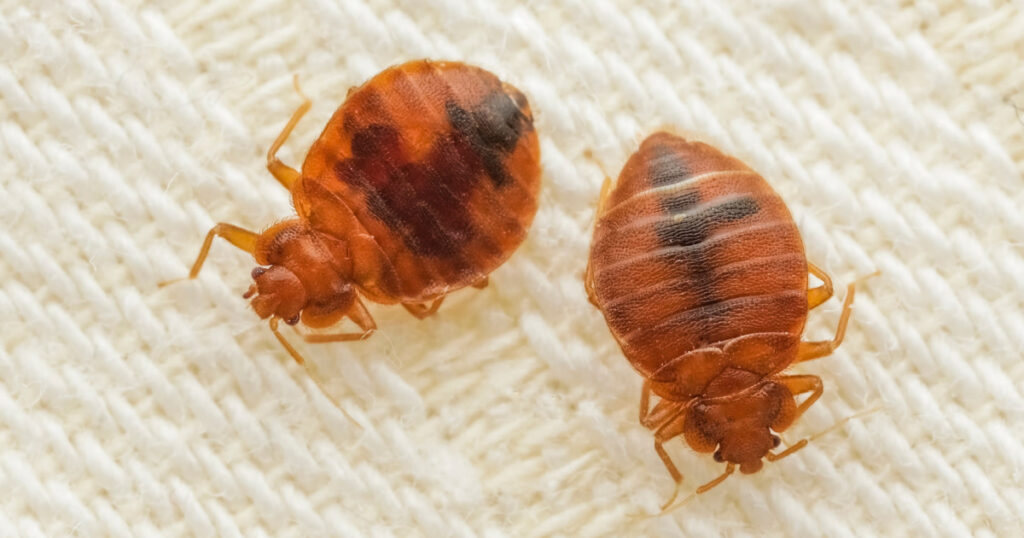
When dealing with bedbugs you can make a repellent by mixing 6-10 drops of cinnamon oil, lemongrass oil, clove oil, peppermint oil, lavender oil, thyme oil, tea tree oil, or eucalyptus oil with water in a spray bottle. Spray areas like your mattress or clothing drawers to help prevent bed bug infestations. A diffuser would also work really well to spread the scent of the essential oil in the room.
